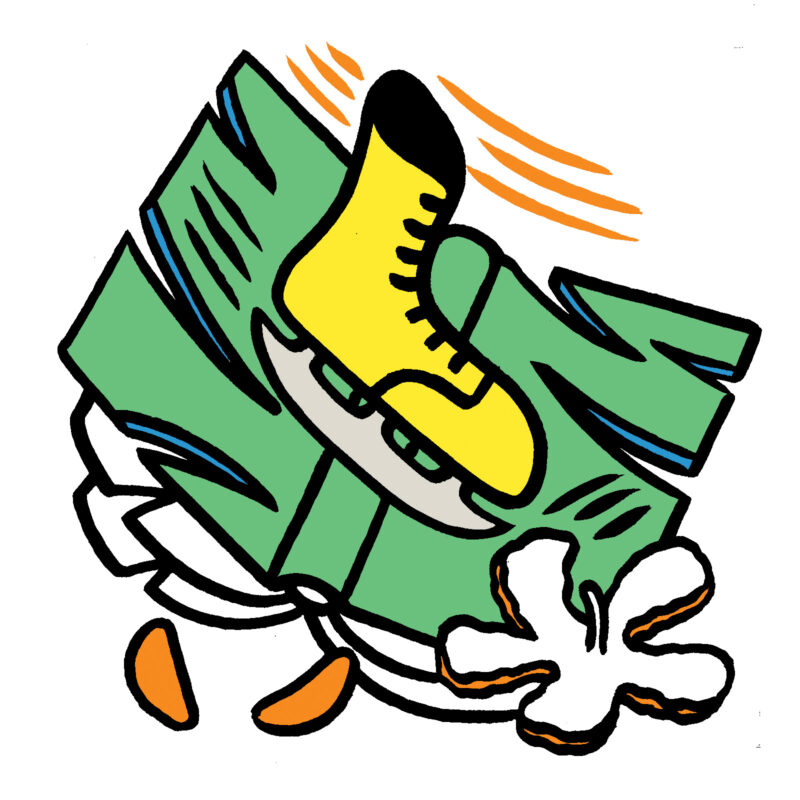“I thought we were happy, until the wolves came.” This line from one of the stories in Puloma Ghosh’s debut collection reads almost as a logline for the rest. These unsettling fictions are often set after minor apocalypses, the protagonists standing in the aftermath and facing the mismatch of who they once were and who they are now. In this way, Mouth is a welcome book for our post-COVID era, though what gives the collection its power is the dissemblance of Ghosh’s worlds to our own.
In “Leaving Things,” a onetime veterinarian scours the emptying shelves of her local bodega, ignoring the owner’s advice to leave town. Wolves have taken over; women are disappearing in the night. In an alleyway, she finds one wolf panting, near death, her belly swollen in pregnancy. She brings the wolf home to try to heal her, and when the wolf dies, she tries to save the pups—but it’s not pups she’s been carrying: “I watched small limbs kick and tear out of the wolf’s womb, teeth gnashing through her skin. At last, a human infant with open eyes reached for me through the carnage.” Now she’s a kind of mother, but as he grows rapidly in a few days, she becomes something even more intimate, with more potential for damage.
“Natalya” takes the form of an autopsy report, performed by a pathologist on the corpse of a woman she loved decades prior. As she slices open Natalya’s body, she recalls their years together, when the pathologist was a teen girl with a cutting problem. Natalya was the only one she could share this with. Now, as she writes in her notes, “no matter how I touch you, you remain still, peeled apart like a pithy citrus.”
These are stories concerned not so much with recovery after loss as with preservation, how the woman at each story’s center can stay whole when so much of her has been stripped away. This drive for wholeness gives Ghosh her collection’s title and central metaphor: the mouth as an organ for consumption. Pritha, an ice-skating rival of the protagonist in “Desiccation,” is discovered “crouched against [a] gray wall, her teeth deep in a crumpled rodent”; later, she sucks lightly on the protagonist’s wounds. In “Supergiant,” an international pop star sits calmly as her makeup artist digs deep into her mouth, unhooking the seams of the “celebrity skin” that...
You have reached your article limit
Sign up for a digital subscription and continue reading all new issues, plus our entire archives, for just $1.50/month.
Already a subscriber? Sign in





